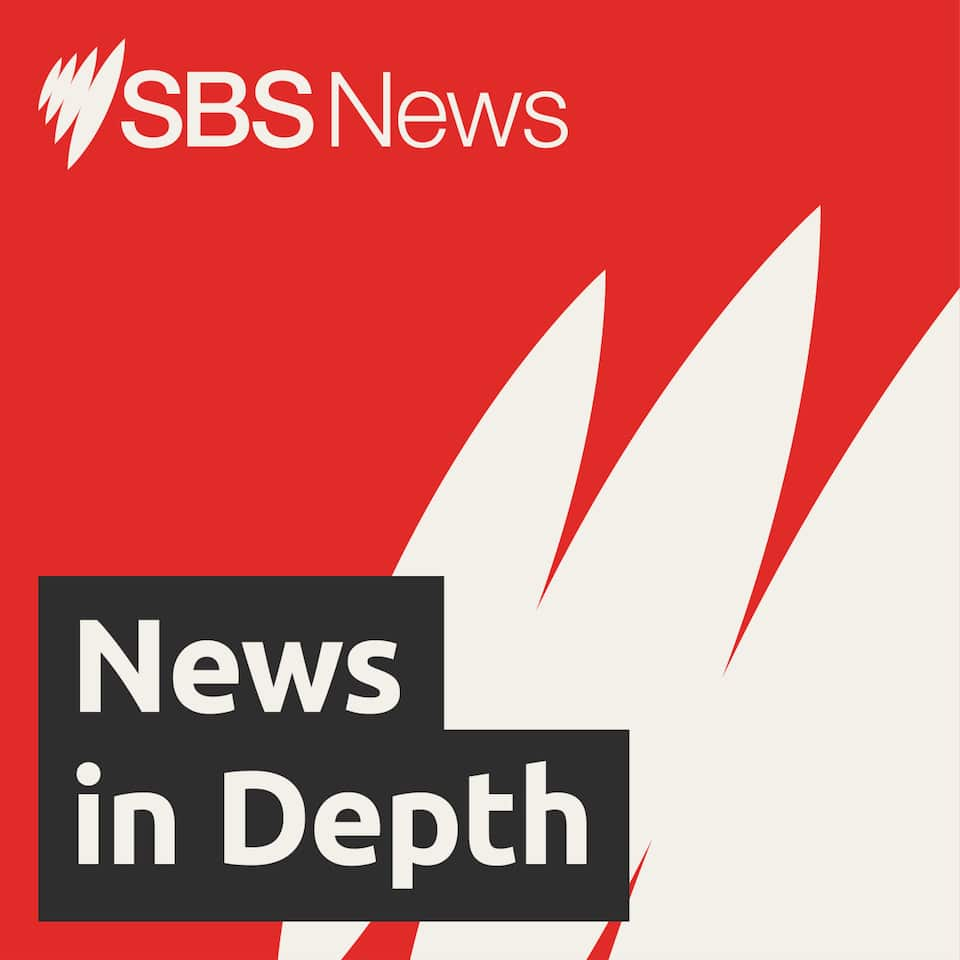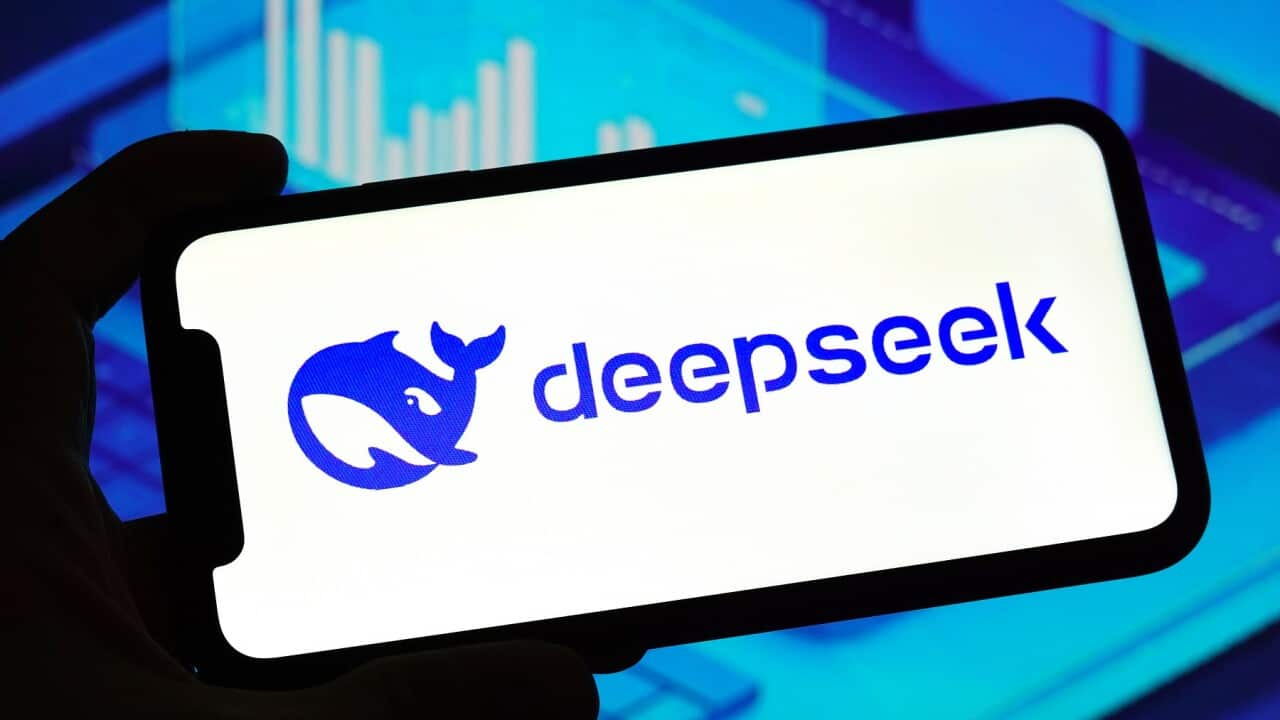TRANSCRIPT
A Chinese artificial intelligence model that shocked the tech world has been banned from Australia's government systems over national security concerns.
All products, applications and services made by the China-based AI company DeepSeek must now be removed from federal government systems and devices.
The government is also encouraging other users to review privacy policies to understand how their data is used.
The government's special envoy for cybersecurity and digital resilience, Andrew Charlton says Home Affairs Minister Tony Burke has done the right thing by not permitting the technology to be on government devices and systems.
He says national security advice should be followed.
"DeepSeek represented an unacceptable risk to Australia's national security. And for that reason, we took action similar to a number of other jurisdictions around the world to ban deep seek on Australian government devices. So there are three risks with generative AI tools, including deeps seek. One is that the information that you upload may not be private. So we really encourage people to make sure that if they're uploading anything into Generative AI, they don't upload things that they wouldn't ultimately want to become public information. The second risk is that information that's downloaded, provided by the generative AI may not be accurate or may be misleading. And the third risk is that these applications might expose people to malware or other problems across their systems."
Australia's action follows similar moves made by the Taiwanese government, which banned its departments from using DeepSeek's services because of the risk it poses to information security.
The Coalition's Dave Coleman says the opposition supports the government's ban of the AI platform.
"It's absolutely appropriate to be concerned about the potential for espionage activities. The advice to ban DeepSeek on government devices has apparently come from government agencies, and we support the government's decision."
DeepSeek's AI chatbot provides similar responses to pre-existing competitors at a fraction of the cost and with significantly less computing power.
Federal Employment Minister Murray Watt says it's a matter for members of the public to decide if they want to keep or download the technology.
He has told Channel 7 the government does intend to issue further information to help Australian citizens make that decision.
"I guess as a government we're leaving it for individuals to make their own choices about what apps they have on their phone. But I guess you can read something into the fact that the government has decided that it's not secure to have on government phones."
The government has not placed a blanket government ban on similar services offered by American company OpenAI, despite concerns its AI assistant ChatGPT could incorporate sensitive information from prompts into its dataset, and later expose it.
Dr Govand Azeez is a lecturer in the areas of history and technology at Macquarie University.
He says the removal of DeepSeek isn't the only privacy and security issue government departments need to worry about.
"It's a strange phenomenon because we're emphasising on surveillance, on control, on making sure that these systems don't exploit our existing data structures. It's a problem here because the other systems are already doing it and those systems are global and those systems are being copied and replicated and distilled and utilised. So although it's not directly, they don't have access to particular exact data centers and key data infrastructure and data sources, but it still mimics similar patterns. So even if you ban it, there is a round about way to get to those data."














